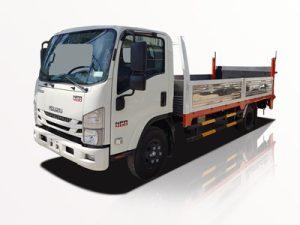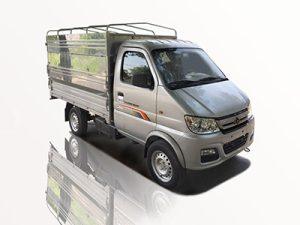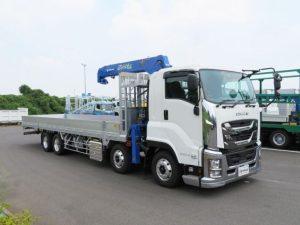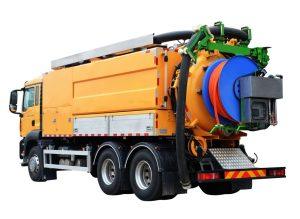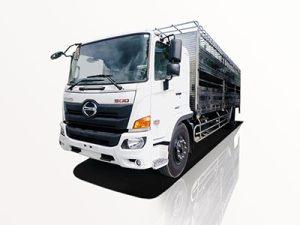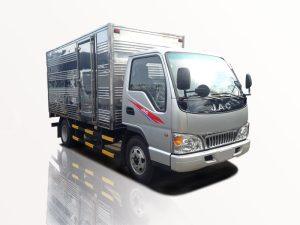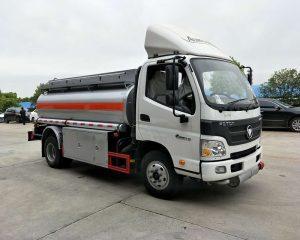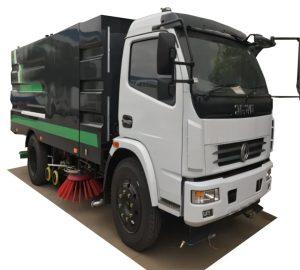Monday to Saturday - 8:00 -17:30
Understanding China Car Carrier: A Comprehensive Guide
The automotive industry in China is booming, creating a substantial demand for car transportation. Car carriers have become an essential component of this industry, facilitating the movement of vehicles from manufacturers to dealerships, and ultimately to customers. This article explores the intricacies of the China car carrier industry, including various types, key players, logistics involved, and best practices for effective car transportation.
The Importance of Car Carriers in China
Car carriers play a crucial role in ensuring timely and efficient transportation in the rapidly expanding automotive market of China. The significance of this sector includes:
- Facilitating the growth of vehicle distribution networks.
- Reducing logistics costs while increasing efficiency.
- Enhancing the overall customer experience by delivering vehicles on time.
Types of Car Carriers in China
1. Open Car Carriers
Open car carriers are the most common type used in the transportation of vehicles. These carriers have no roof, exposing the cars to the elements. They are typically more cost-effective and can carry multiple vehicles at once. Practical examples include:
- Multi-level transporters for compact cars.
- Flatbed trucks for larger SUVs and trucks.
2. Enclosed Car Carriers
Enclosed car carriers provide additional protection to vehicles during transportation. They are especially popular for high-end and luxury vehicles. Benefits include:
- Protection from weather conditions.
- Security against theft and vandalism.
3. Modular Car Carriers
Modular car carriers are designed for flexibility and can be customized based on the type and number of vehicles being transported. This adaptability makes them an attractive option for various logistics providers.
Key Players in the China Car Carrier Market
1. China National Navigation Group
As one of the leading logistics companies, they operate a dedicated fleet for car transportation, focusing on both domestic and international distribution.
2. Sinotrans Limited
Sinotrans is a major player that provides comprehensive logistics services, including vehicle transportation through its specialized car carrier fleet. They emphasize efficiency in air and sea transport.
3. COSCO Shipping
COSCO offers expansive logistics services and is a critical player in vehicle transportation, leveraging its wide network for efficient operations.
Logistics and Operations of Car Carriers in China
1. Route Optimization
Effective route optimization is crucial for minimizing transport costs and time. Logistics companies use advanced software to analyze and plan the best routes.
2. Heavy Equipment and Technology
Innovations in car carrier design, such as hydraulic lifts and modular systems, are significant in enhancing loading and unloading times.
3. Compliance with Regulations
Ensuring compliance with local and national regulations is vital for smooth operations. This includes vehicle registration, transport permits, and safety standards.
Best Practices for Using Car Carriers
1. Choose the Right Carrier Type
Selecting the appropriate type of car carrier based on the vehicle type can significantly impact transportation efficiency and safety.
2. Regular Maintenance of Carriers
Routine maintenance of car carriers is essential to minimize breakdowns and ensure safety during transport. This includes checking tires, brakes, and loading mechanisms.
3. Employ Skilled Drivers
Hiring experienced drivers who are skilled in handling car carriers can reduce accidents and improve delivery times.
Challenges Faced by Car Carriers in China
1. Traffic Congestion
Traffic jams, particularly in urban areas, can lead to delays in vehicle delivery. Proper planning and scheduling can help mitigate this issue.
2. Weather Conditions
Extreme weather can affect transportation timelines. Carriers should monitor forecasts and adjust schedules accordingly.
3. Economic Fluctuations
Economic changes can influence the demand for vehicles and, consequently, the transportation needs. Staying adaptable is key for logistics providers.
Future Trends in the China Car Carrier Industry
1. Increased Use of Technology
Technology, including AI and IoT, will enhance logistics efficiency by providing real-time tracking and managing fleets more effectively.
2. Growing Demand for Electric Vehicles
As China pushes towards electric vehicles (EVs), new carriers will need to be designed for transporting these often heavier and differently-shaped vehicles.
3. Sustainability Initiatives
Carriers are likely to adopt more eco-friendly practices, focusing on reducing carbon emissions and enhancing fuel efficiency.
Practical Tips for Vehicle Transportation
1. Inspection Before Loading
Always conduct a thorough inspection of vehicles before loading them onto carriers to ensure there are no pre-existing damages.
2. Proper Securing Techniques
Use appropriate strapping and securing methods to prevent vehicles from shifting during transportation.
3. Clear Communication
Maintain clear and open communication with logistics providers for seamless coordination of delivery times and routes.
FAQ Section
1. What is a car carrier?
A car carrier is a specialized vehicle designed to transport multiple cars from one location to another, usually from a manufacturer to a dealership or to the final buyer.
2. How much does it cost to ship a car in China?
The cost of shipping a car in China varies based on factors such as distance, carrier type, and the number of vehicles. On average, domestic car shipping can range from 1,000 to 3,000 RMB.
3. How long does it take to transport a vehicle within China?
The transportation time can vary depending on the distance, but typically it ranges from a few days to a week.
4. Are enclosed car carriers safer than open ones?
Yes, enclosed car carriers provide more protection against weather conditions and theft, making them a safer option for high-value vehicles.
5. What should I do if my vehicle is damaged during transport?
Contact the carrier company immediately to file a claim and document the damage with photos and detailed descriptions for insurance purposes.
6. Can I track my vehicle during transport?
Many logistics companies offer tracking services, allowing you to monitor the progress of your vehicle in real-time during transport.


